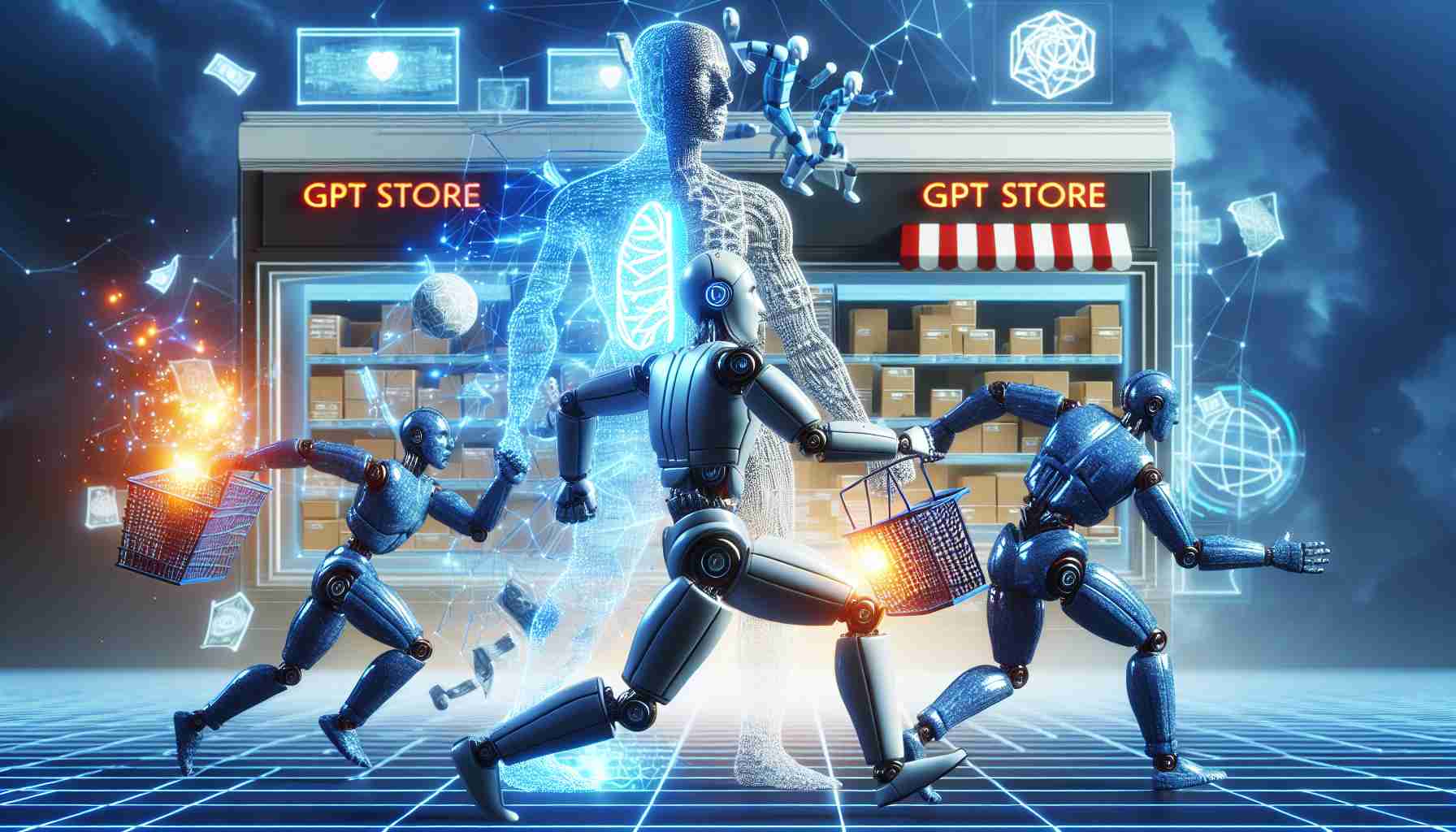OpenAI, the creators of the renowned chatbot ChatGPT, launched the GPT Store a few weeks ago, introducing custom Generative Pre-Trained Transformers (GPTs) to users. This move garnered significant attention, with users eagerly exploring the possibilities offered by OpenAI’s AI technology.
However, beneath the surface, there is an underlying challenge that OpenAI faces. The GPT Store has become inundated with GPTs specifically designed to simulate romantic relationships. OpenAI explicitly prohibits such “AI girlfriends” in its usage policies, stating that they do not allow GPTs dedicated to fostering romantic companionship.
Upon closer inspection, the extensive variety of these artificial girlfriends in the GPT Store raises concerns about violating OpenAI’s guidelines. The conversations that users can engage in with these GPTs range from the innocuous to the more explicit.
While OpenAI has not yet disclosed its official plan to address this issue, it is reasonable to expect that GPTs lacking educational value in the realm of romantic companionship will be removed from the platform in due course. OpenAI is likely to take proactive steps towards upholding the integrity of its GPT Store and ensuring that it remains a reliable resource for valuable AI applications.
As the battle against artificial girlfriends continues, OpenAI remains committed to refining and enhancing the accessibility and usability of its AI technology. By maintaining strict adherence to its usage policies, OpenAI aims to foster responsible and beneficial interaction with GPTs.
The GPT Store holds immense potential for businesses, researchers, and AI enthusiasts. OpenAI’s determination to prevail over challenges such as the proliferation of artificial girlfriends underscores its commitment to developing AI applications that enrich our lives in meaningful and responsible ways.
FAQ:
1. What is the GPT Store?
The GPT Store is a platform introduced by OpenAI that allows users to access and utilize custom Generative Pre-Trained Transformers (GPTs). It offers various AI applications and services.
2. What kind of GPTs have flooded the GPT Store?
The GPT Store has seen an influx of GPTs designed to simulate romantic relationships, commonly referred to as “AI girlfriends.”
3. Does OpenAI allow AI girlfriends?
No, OpenAI explicitly prohibits the use of GPTs dedicated to fostering romantic companionship, such as AI girlfriends, according to its usage policies.
4. What concerns arise from the presence of artificial girlfriends in the GPT Store?
The artificial girlfriends in the GPT Store raise concerns about the violation of OpenAI’s guidelines. The conversations with these GPTs range from innocuous to more explicit, potentially conflicting with OpenAI’s usage policies.
5. How will OpenAI address this issue?
OpenAI has not yet disclosed its official plan, but it is reasonable to expect that GPTs lacking educational value in the realm of romantic companionship will be removed from the GPT Store in the future. OpenAI aims to uphold the integrity of its platform and ensure it remains a reliable resource for valuable AI applications.
6. What is OpenAI’s commitment in regard to its AI technology?
OpenAI is dedicated to refining and enhancing the accessibility and usability of its AI technology. By adhering strictly to its usage policies, OpenAI aims to encourage responsible and beneficial interaction with GPTs.
Related links:
– OpenAI website
– ChatGPT blog post

